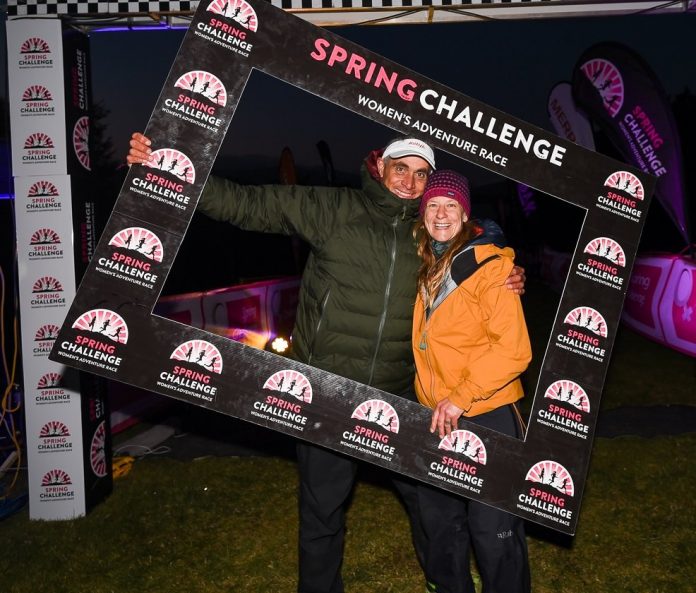
Waitaki businesses are in for a major spring injection next year when the world’s largest adventure race comes to the district.
Spring Challenge, the brainchild of world champion adventure racer Nathan Fa’avae and wife Jodie , began in 2007, and each year two races are hosted at two different locations — one in the South Island, and one in the North.
This year’s South Island event was held in Te Anau in the first weekend of October — 480 three-woman teams and their support crews descended on the area.
The same number of competitors was expected in the Waitaki next year for the weekend of September 22-24, with 350 teams already entered, and a sellout anticipated, Mr Fa’avae said.
He estimated about 4000 people would be coming to the area for a minimum two-night stay, having an obvious ‘‘economic impact’’ for businesses.
‘‘There will also be a number of teams that will visit the region prior to the event to train in that environment, and there’s always repeat visits as people discover what the region has to offer and want to return.’’
The race was also in the first weekend of the school holidays, meaning many teams stayed on in the region with their families.
‘‘The other big benefit that some regions experience is it inspires a significant number of local women to be more active, step up to a challenge and add more adventure to their lives,’’ Mr Fa’avae said.
‘‘It’s quite common, as the event moves to new locations, that it attracts more local people who then enter the event again. There is a legacy benefit also — people will always share stories about the different Spring Challenges.’’
Waitaki would be the 17th Spring Challenge. The 2007 event took place in Hanmer, attracting 109 teams. The following year it was 200, and it quickly grew to 300 to 400 teams, he said.
‘‘In 2017, we took 600 teams, but it was too many. Since then we capped it at 480.’’
The race, which involved rafting or kayaking, biking and orienteering, was designed to showcase each region ‘‘as best we can’’, but also needed to be logistically possible.
It was a major event, and sometimes compromises needed to be made to make it work with the large amount of competitors, Mr Fa’avae said.
The Waitaki offered plenty of options, and the course had already been mapped out.
‘‘We scouted it in January this year, [and] we’ll be on the ground again this year and see what is possible and not possible.
‘‘We like our courses to be quality adventures, we don’t plan courses for ‘women’, we plan authentic adventure courses for adventurers.’’
Each event has a three-hour, six-hour and nine-hour option, catering for all women from first-time participants, to more experienced adventurers wanting to push their limits.
The course was designed to be ‘‘challenging but also rewarding’’.
‘‘It’s important people enjoy the experience and want to do it again, but it has to be meaningful also. People don’t want a watered-down experience. There’s plenty of soft and easy events out there, that’s not our market.
‘‘Spring Challenge has always invested in high-quality adventure experiences, that’s why the events can be so transformational and value- forming — people learn so much about themselves, as individuals and as part of a team.’’
The connection with the wilderness and nature was also key, he said.
‘‘Spring Challenge is not a weekend away with the girls, it’s a lifestyle that promotes health, wellbeing and positive change.’’



